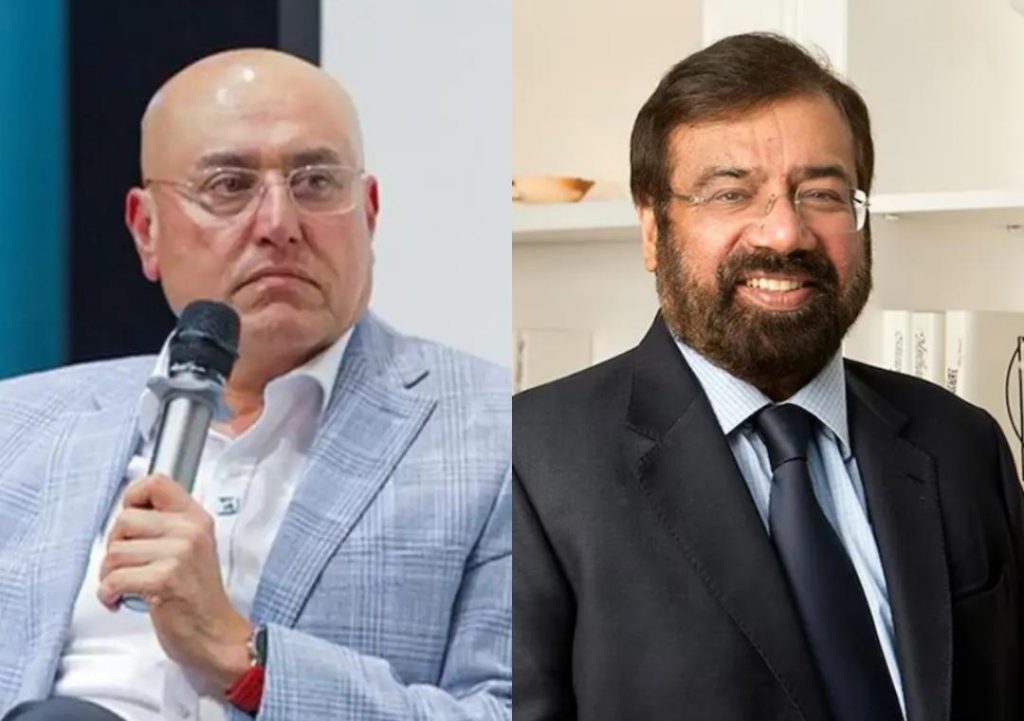
Title: Hotmail Co-founder says ‘truth=anti-India’, Goenka replies ‘Living in US & lecturing us?’
In a recent Twitter exchange, the co-founder of Hotmail, Sabeer Bhatia, made a statement that sparked outrage and criticism among Indians. Bhatia claimed that in India, those who speak the truth are often termed “anti-national”. His tweet read, “In India, if you speak the truth, you’re called ‘anti-national’. Then who’s a national? The one who lies to you?” This statement has been met with widespread criticism, with many arguing that it is a misguided and oversimplified view of the complex issues facing India.
However, it was billionaire Harsh Goenka who took to Twitter to respond to Bhatia’s statement. Goenka, who is the chairman of the RPG Group, tweeted, “Living in California and lecturing a billion Indians back home?…India doesn’t need sermons from those who packed up and left.” Goenka’s response was a direct attack on Bhatia’s credibility, implying that he has no right to lecture India on its values and principles while living in the United States.
Bhatia’s original statement has been widely criticized for its lack of nuance and understanding of the complex issues facing India. Many have pointed out that the term “anti-national” is often used to silence dissenting voices and stifle free speech. In India, the government has been accused of using the term to suppress opposition and criticism, particularly among marginalized communities.
Goenka’s response, on the other hand, has been praised for its straightforward honesty. He has called out Bhatia for his lack of understanding of India’s complexities and his attempt to lecture Indians on what it means to be a patriot. Goenka’s tweet has resonated with many Indians who feel that foreigners, particularly those who have left the country, have no right to dictate what it means to be Indian.
The Twitter exchange between Bhatia and Goenka has sparked a wider debate about the role of foreigners in shaping India’s narrative. Many have argued that India does not need external interference or advice on how to govern itself. Others have pointed out that India is a democracy, and as such, it is the right of all citizens to express their opinions and participate in the democratic process.
In recent years, there has been a growing trend of foreigners, particularly those with Indian ancestry, attempting to shape India’s narrative. This trend has been met with criticism, with many arguing that it is an attempt to impose external values and norms on India. In 2020, the Indian government passed a law that granted citizenship to Hindus, Sikhs, Buddhists, Jains, Parsis, and Christians who had fled persecution in Pakistan, Afghanistan, and Bangladesh. The law, known as the Citizenship Amendment Act (CAA), was met with widespread protests and criticism, with many arguing that it was discriminatory and divisive.
The Twitter exchange between Bhatia and Goenka has also highlighted the question of what it means to be a patriot. In India, patriotism is often defined as loyalty to the nation and its institutions. However, many have argued that this definition is narrow and limiting, and that patriotism can also be about questioning and critiquing the government and its policies.
In conclusion, the Twitter exchange between Sabeer Bhatia and Harsh Goenka has sparked a wider debate about the role of foreigners in shaping India’s narrative. While Bhatia’s statement has been criticized for its lack of nuance, Goenka’s response has been praised for its straightforward honesty. The debate highlights the complex issues facing India, including the question of what it means to be a patriot and the role of foreigners in shaping the country’s narrative.






